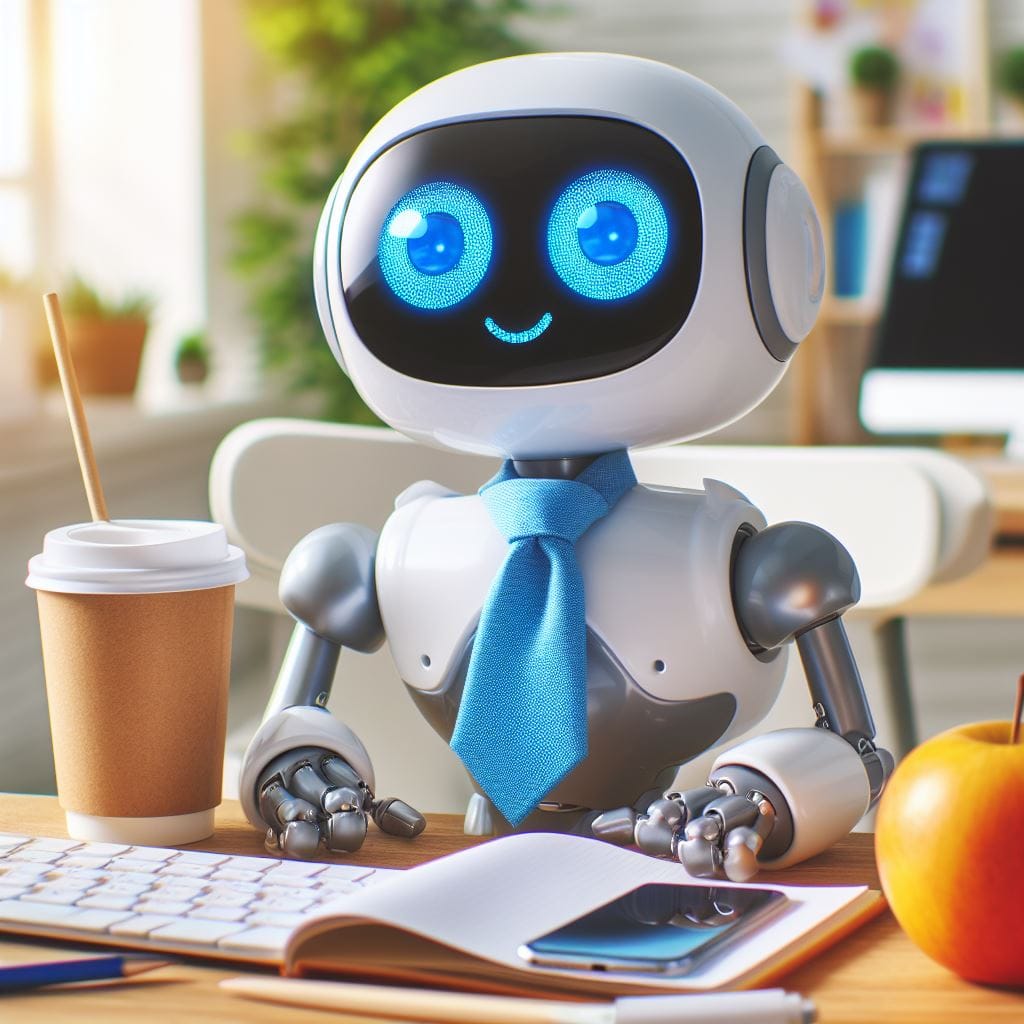AI Chatbots Transforming Industries

In a world where efficiency and instantaneity are increasingly valued, AI chatbots are emerging as pivotal tools in transforming various industries. By integrating advanced artificial intelligence technologies, businesses are not only optimizing their operational workflows but are also enhancing user experiences. These intelligent systems are capable of interpreting and responding to human queries with remarkable accuracy, making them an invaluable asset across diverse sectors. This article delves into how AI chatbots are revolutionizing customer service, boosting efficiency in multiple industries, and shaping the future of work.
Revolutionizing Customer Service with AI
AI chatbots are significantly transforming the landscape of customer service. By handling inquiries and solving problems around the clock without human intervention, these chatbots are greatly reducing wait times and improving customer satisfaction. Many companies now deploy chatbots on their websites, social media platforms, and customer service portals to provide instant responses to frequently asked questions, thereby freeing up human agents to tackle more complex queries. This not only enhances the customer experience but also streamlines the workload for customer service departments.
Furthermore, AI chatbots are equipped with machine learning algorithms that enable them to learn from interactions and improve over time. This capability allows them to handle a wider range of issues with greater precision. As chatbots become more adept at understanding human emotions through advances in natural language processing, they are increasingly capable of delivering personalized experiences, making interactions feel more human-like and less mechanical. This evolution is crucial in industries like retail and banking where customer loyalty is closely tied to the quality of service.
Enhancing Efficiency Across Multiple Sectors
In sectors such as healthcare, finance, and ecommerce, AI chatbots are driving efficiency by automating routine tasks and processes. For instance, in healthcare, chatbots can schedule appointments, send reminders, and even provide basic diagnostic support, thus reducing the administrative burden on medical staff. In finance, bots assist customers with account inquiries, transaction processing, and even offer basic financial advice, often integrating with banking systems for seamless service delivery.
Moreover, AI chatbots are playing a critical role in managing supply chains and logistics. They help in tracking inventory levels, placing orders, and providing real-time updates to customers about their order statuses. This not only improves operational efficiency but also enhances transparency in customer transactions. By automating these tasks, companies can allocate human resources to more strategic roles, thereby enhancing productivity and innovation.
AI Chatbots: Shaping the Future of Work
The integration of AI chatbots is also reshaping the workplace by automating routine communications and facilitating smoother workflows. For example, internal chatbots within organizations can manage employee inquiries about HR policies, payroll, and other administrative tasks. This helps in reducing the workload on HR departments and allows them to focus on more strategic aspects like talent management and employee engagement.
Furthermore, as AI chatbots evolve, they are expected to become more integrated into decision-making processes. They can analyze large volumes of data to provide insights and recommendations, thus playing an essential role in strategic planning and business development. This deeper integration promises not only to enhance operational efficiencies but also to empower employees by offloading repetitive tasks and enabling them to engage in more creative and meaningful work. As businesses continue to harness the power of AI, the role of chatbots is set to become more central in shaping an innovative and efficient workplace.
AI chatbots are revolutionizing how industries operate, enhancing both customer service and operational efficiency while also paving the way for a more innovative future of work. As these technologies continue to evolve, their impact across various sectors is expected to grow, making them an indispensable tool in the digital transformation journey of businesses. Embracing AI chatbots can lead to significant improvements in service delivery, employee productivity, and overall business performance, heralding a new era of industry standards driven by artificial intelligence.

